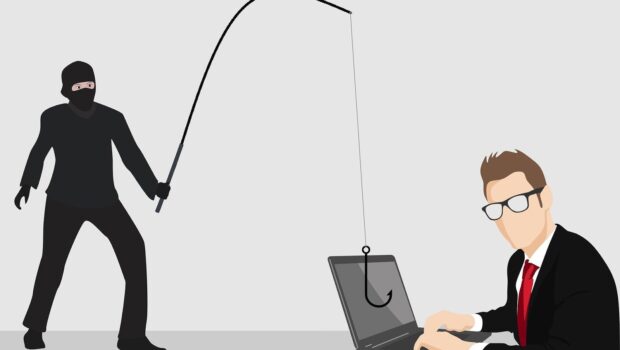Six Surprising Facts About Online Privacy
Internet breaches are increasing at an alarming rate. Whether you have multiple social media accounts or an active internet user, you are in constant danger. It is where cybersecurity comes into play. It protects all of your servers and devices from these threats, which might interrupt normal business processes, hijack sensitive information, or extort money from people. Active online users are usually more aware of the security apprehensions and take necessary steps to make their online existence safer. Still, a large number of users are ignorant about this issue.
It’s pretty evident that the online world is not a safe place. Most of the time, all hacking attempts are revelations because most of them are unexpected.
Although more resources are coming into play to counter cyberattacks, we still have a long way to go before catching up with these threats.
It should come as no surprise that there are countless surprising facts about online privacy that the average user is unaware of; read on further to find out!
Fact #1:
A handful of online shopping websites ask for payments; some are legit, whereas some are not safe.
Since we’re telling facts, 6% of online users have been victims of online frauds and scams. However, this is just a small percentage of users who have registered their complaints. A massive number of people have lost their hard-earned money in online fraud but have never done something about it. Why? Most of them are unaware of what to do in these circumstances. The lesson here is clear; most websites asking for online payments are not reliable. So, pay online only if you are 100% certain about the authenticity of the person/seller offering the service.
Sometimes, putting your strong skills into action also helps in determining a website’s integrity and legitimacy. Suppose you have a resilient grip on programming. In that case, you can save yourself or your company from falling into the traps of these cybercriminals. Furthermore, you can expand your education, such as doing a cyber security masters and taking these hooded scammers down!
Fact #2:
As security awareness is increasing, people are becoming more conscious about online security. According to some reliable estimates, 80% of online users are concerned about their emails getting read by uninvited users. Almost 40% have started using encrypted technologies, such as VPN (Virtual Private Network). The majority of VPN providers like ExpressVPN and NordVPN are available to offer encrypted tunnels for online ventures.
Not going to lie, but VPNs are the best thing that’s ever happened to the online audience. A VPN allows you to explore the internet anonymously while disguising your location, making identity theft a hard nut to crack.
Fact #3:
68% of online users are not content with the present cybersecurity regulations and have reservations regarding their applications. It is time for government institutions to mediate and launch firm rules and rules for cybersecurity.
Furthermore, all social media podiums should accept the cybersecurity rules and take austere actions if someone tries to breach the security policy. Cybercriminals aren’t different from any other criminal; therefore, they mustn’t be given an easy pass.
Fact #4:
It is a common assumption that large businesses and governmental organizations are critical victims of cybercriminals. People believe that predators are not interested in tiny flesh; that’s not true. According to the statistics, approximately 43% of cyberattacks were at small companies. Most attacks are indiscriminate and automated, and small business owners and individuals have weaker security borders and data that is easily accessible.
Fact #5:
Not everyone on the internet likes to keep it low-key since most users have public profiles. There are many reasons for this. Some people love to put their private lives on display, and others have little to no concerns about their online privacy. Just by going on a short search tour, you can easily find many public profiles, not just one, but various social media platforms.
And the worst of it all is that 41% of children have public profiles, which serves as an open invitation for predators, ultimately putting the young ones at risk. Social media is not for children for sure, and most websites have a minimum age limit of 18 years. Unfortunately, we still witness children as young as ten years on these platforms. They have no idea of what they’re putting themselves into, and they do not know or whatsoever about online security. So, ask yourself, are these children not worth protecting?
Fact #6:
Here’s a sad fact: 19% of folks have never turned off their devices’ location tracking option. The outcomes are simple: anybody can trace their location with their mobile devices and what’s worse is that these people are least bothered about it. Besides that, 56% of online users are okay with turning their device location ON to check in and keep their followers posted about their whereabouts.
It means they are cheerfully paving the way for predators. Sharing your device locations means you are telling the world about where you are, and this is certainly not a smart decision.
Conclusion
These were some of the surprising online privacy facts, which will educate you on this rising global threat. Be it a corporate enterprise or an individual. Everyone must have a detailed understanding of cyber-crime rates and statistics. Investing the time in learning how to ensure your online presence will safeguard you from cyber-attacks.






![See the inside of a Phantom 4 drone [Infographic]](https://technofaq.org/wp-content/uploads/2018/03/infographic-drone-v3-with-glossary-final-v4-150x150.jpg)




